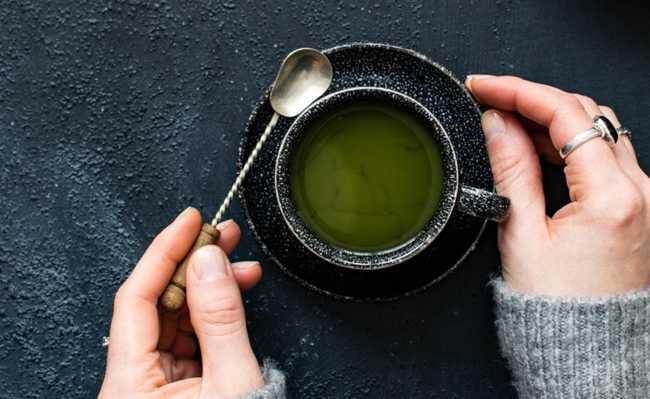Is Passion Flower Soothing? Understand
Passionflower acts as a tranquilizer, helping to relax and treat stomach ulcers. Understand

Shyam Sundar image in Unsplash
THE Passionflower is a botanical genus with about 465 species, of which 150 to 200 are native to Brazil. The best known use of the plant is from its fruit, the passion fruit, and it is possible, through it, to benefit from vitamins (A, C and complex B) and mineral salts, such as potassium, iron and calcium. Other parts of the plant can also be used.
Despite its more widespread property as a calming, passionflower has many benefits and multiple forms of use, especially in alternative natural medicine. Currently, this plant is mainly inserted in the field of homeopathic medicine, as a remedy for various pathologies, including anxiety.
Passionflower benefits
The different species of the genus have tranquilizing, anxiolytic, antidepressant actions, offering better sleep quality and fighting anxiety. Because of this, the passion flower can help consumers to lose weight, as it acts in the control of compulsive eating.
Passionflower has antispasmodic (combat involuntary contractions of the body's muscles) and diuretic functions - the latter when the leaves are cooked and fermented. Passionflower can also be indicated for the treatment of headaches of nervous origin, such as disturbances and concerns.
To maximize its benefits, passionflower can be combined with other herbs, acting as an herbal medicine.
Passionflower is soothing
Passiflora incarnata acts as a tranquilizer, helping to relieve insomnia and anxiety. It increases the level of gamma-aminobutyric acid (Gaba) in the brain, a compound that reduces brain activity, helping you to relax and sleep better.
In a study published in Phytotherapy Research, the participants took a daily dose of herbal tea with purple passion fruit. After seven days, they reported improvements in sleep quality. Researchers suggest that purple passion fruit may help adults control mild sleep irregularities.
Some essays suggest that the Passiflora incarnate it can also relieve anxiety. A study reported in the journal Anesthesia and Analgesia examined its effects on patients scheduled for surgery. Patients who consumed passionflower reported less anxiety than those who received placebo.
can calm your stomach
Other species in the family Passionflower can help treat stomach problems. Passiflora foetida, for example, in a study published in the Indian Journal of Pharmacology, demonstrated potential to treat stomach ulcers.
In another study reported in BioMed Research International, scientists examined the Passiflora serratodigitata and also concluded that the plant has the potential to treat ulcers.
Contraindication
Despite the proven benefits of natural herbal medicine, self-medication of passionflower is not recommended. And monitoring by a homeopath or a therapist is important for correct handling. In addition, the consumption of the plant by people with low blood pressure is not recommended.
Ways of use
There are many ways to find passionflower in the market. There are dried leaves for consumption in the form of tea (more suitable for use in non-severe crises), ampoules, capsules, solutions and even mixtures of passionflower with other plants.
In addition to being monitored by a professional, it is important to obtain the product from reputable pharmacies, always paying attention to the information on the label.
Passionflower tea (passion fruit leaf)
To prepare the passion flower tea, bring 200 ml of water to a boil and turn off the heat. Pour water into a cup and add a tablespoon of dried passion fruit leaves. Cover the cup for ten minutes. Strain and enjoy!










